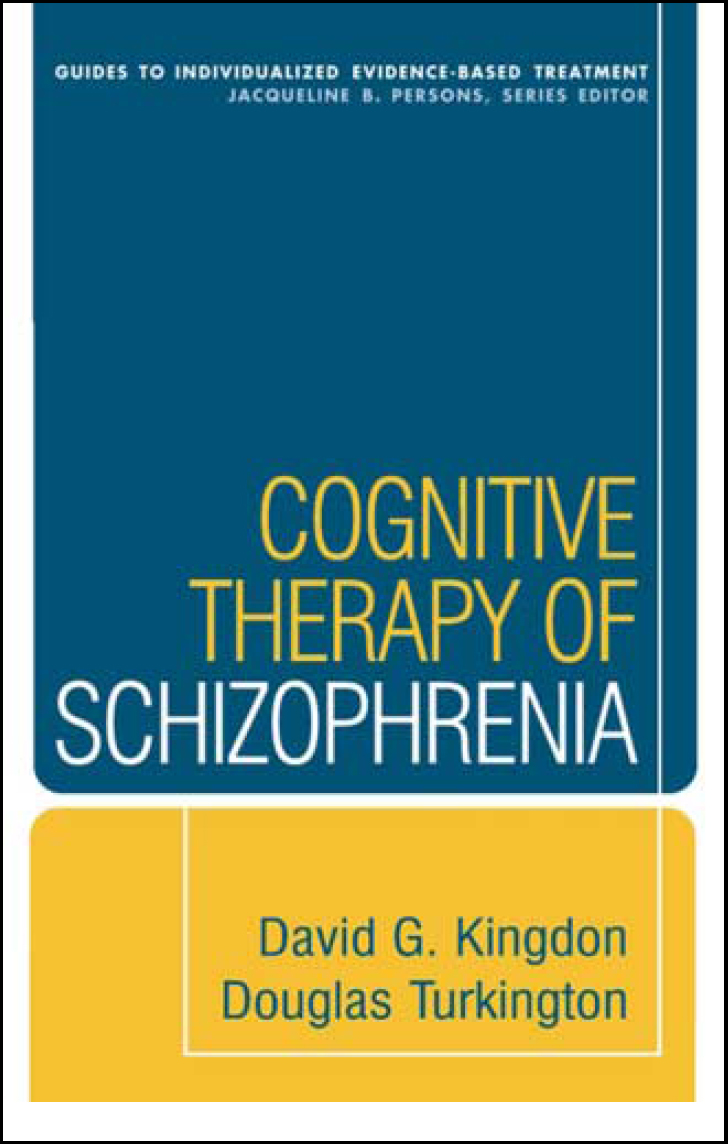
This is an immensely practical therapy manual for use in real-world clinical practice. The authors have avoided writing a step-by-step ‘how to’ text that would risk oversimplifying this complex area. Instead, they help readers conceptualise the huge variety of presentations falling within this diagnostic category and emphasise the underlying principles and attitudes that are essential to delivering this intervention effectively.
The relapse prevention section, for example, is not the familiar listing of intervention protocols around the detection of early warning signs. Instead, it provides the reader with an understanding of the process of relapse in order to guide formulation; gives advice on how to raise the topic of relapse during periods of remission; and emphasises the need to maximise the client's sense of control. All of these are essential considerations if techniques are to be applied effectively in practice.
The slower pace and more elusive structure of cognitive–behavioural therapy (CBT) for psychosis can often leave therapists feeling confused and deskilled. Rather than present an idealised ‘expert’ account of therapy that can add to these feelings, the authors stay true to their therapeutic principles; they normalise many of the anxieties therapists are likely to feel and address many of the obstacles they are likely to face.
The book makes an intriguing read as the two authors are psychiatrists and so present an interweaving of the psychiatric and psychological perspectives that are too frequently seen pitted against each other. The result is perhaps a less thorough consideration of a psychological explanation of psychosis than other texts in this area, but a clear presentation of the biological, social and psychological explanations for different symptoms of schizophrenia. This interweaving becomes a little confusing in the general assessment and formulation chapters, as the predominantly psychiatric assessment outlined does not seem readily to translate into a CBT formulation. This is made much clearer in the symptom-specific chapters.
Overall, the book reflects the authors' considerable experience disseminating this therapeutic approach for wider application in mental health settings. It makes for an interesting read, and is particularly recommended to mental health professionals who are already familiar with CBT and work within a psychiatric service setting.



eLetters
No eLetters have been published for this article.